
OR
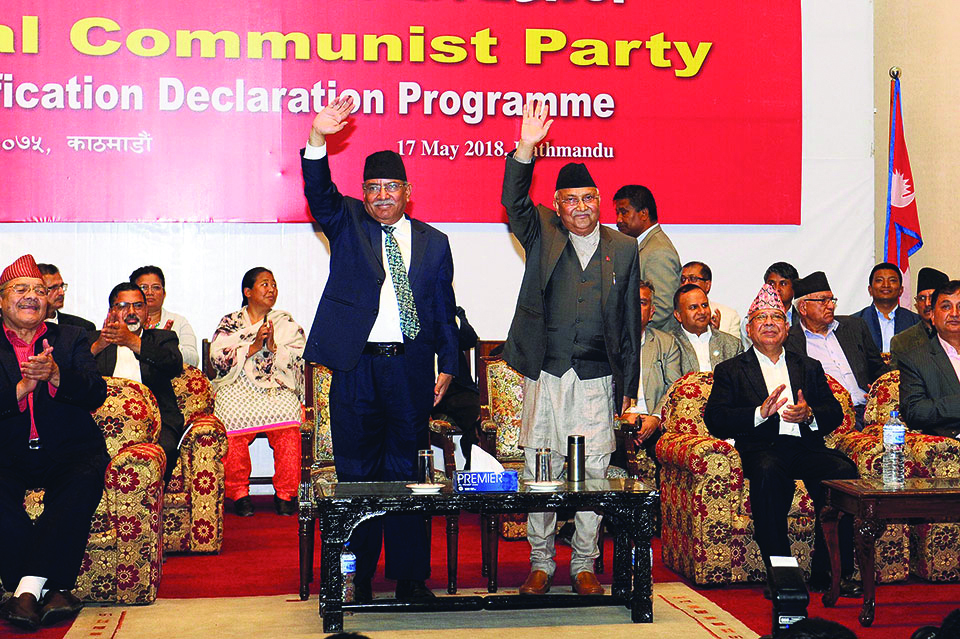
Nepal’s political parties, despite doing a lot for political change, have not been able to develop much-needed political culture
Last year in October, CPN-UML and Maoist Center—the two largest communist forces of the time—decided to form electoral alliance for federal and provincial elections. The move came as a surprise not just to Nepal’s largest and oldest political party, Nepali Congress, but also to the international community. Their merger took India aback. The alliance did wonders for the parties in securing two thirds majority support in the government and they ultimately became one in May 2018.
A year after formulation of alliance and seven months after the formal unity of the two parties, discontent has surfaced within the unified party. Leaders are criticizing and questioning the K P Sharma Oli-led government.
Few days ago, senior leader of Nepal Communist Party (NCP), Madhav Kumar Nepal, lashed at the government in the parliament for failing to improve law and order situation and controlling corruption and forces which are ‘detrimental to national sovereignty.’ He also accused the government of promoting favoritism and nepotism and not taking actions to curb increased incidents of violence against women. All this, he stressed, has led to the erosion of trust of the public in the government.
Likewise, CPN Co-chair Pushpa Kamal Dahal also called a press meet to indicate that he was not happy with the way the current government is functioning. It is also said he met with Nepali Congress President Sher Bahadur Deuba to discuss the current state of affairs and indicated toward the formation of an all-party government. Several NCP leaders have vocally criticized the government for its weak performance. Madhes-based parties have warned to pull out support if their demands are not met.
With these development, not only the credibility of the government is being questioned, but highly pitched agenda of prosperity, stability and development is also facing uncertainty. When NCP decided to field Bamdev Gautam, the figure rejected by the people in 2017 elections, in by-elections, it made the party even unpopular. What do political parties and politicians who come to power with huge majority actually want?
Develop political culture
It again seems like the country is returning to much abhorred inter-party factionalism—which has made our democratic system weak. Constant dissent and leadership clashes have remained the hallmarks of Nepali political parties—from Nepali Congress to then CPN-UML and Maoist Center to current NCP to Madhes-based parties. The divisions within these parties largely contributed to maintaining prolonged instability in Nepal.
When political parties become weak or divided, the government at the helm of power simply cannot function properly.
At the core of the conflict in political parties is this desire to make personal gains and to remain in power. In NCP, leaders have demanded organizational restructuring. But the intent behind the restructuring is not necessarily to revamp the party,but to rise to power—something happening in Nepal since the 1950s. But why does this happen again and again with political parties whose leaders have put themselves in difficult situation for the sake of democracy? To my mind, this is because Nepal’s political parties, despite doing a lot for political change, have not been able to develop much-needed political culture, which is vital for smooth functioning of a democracy.
Political scientists argue that political socialization can help to develop the political culture, but we seem to lack even political socialization. Thus we need to redefine the purpose of politics. The way we have practiced democracy and politics has not helped us to promote the democratic political culture.
It is imperative for the parties to evaluate and reinvent their goals and values for shaping political direction and discourse. Political parties as well as politicians are laden with multiple goals and diverse orientations. This has not just brought about the conflict of interest,but also posed a hindrance in providing them the right course and setting right agenda, thus ending in internal squabbles and discontents.
Such internal discontents have not just paralyzed the inner life of party but also marred the evolution of a sustainable institutional framework, vital for party politics in a democracy.
Parties need to understand that with the end of transition, structure and power relations have also changed. It is important to revisit their ideological contents. At the moment, political parties have deviated from their original values and ideology. Such values and ideologies need to be followed and party members should be oriented on this. Along with clarity in the political ideology it is also essential to have effective organizational structure and communication strategy.
Nepali politics, to borrow from Samuel Huntington, is laden with high participation and low institutionalization of political process. Political parties acquire value and stability through constant institutionalization.
The country successfully held elections last year and we have powerful governments in the center as well as provinces. But this alone does not ensure political stability nor enhances the strength of the country. We need to develop a political culture first of all. Its glaring lack will have ramifications on all aspects of politics and devalues democracy. It is high time for political party leaders to concentrate on devising a free and fair system, instead of indulging in petty personal issues.
bhatta.meena@gmail.com
You May Like This
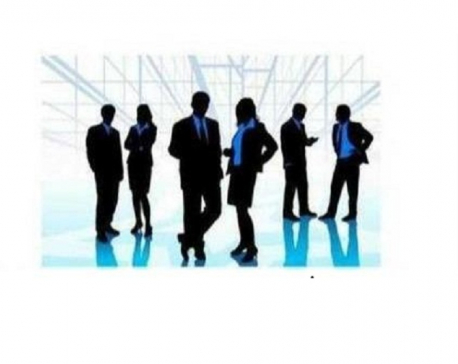
Power in the wrong hands
I am in my late sixties. I must say that I lost my age just as millions of other people... Read More...
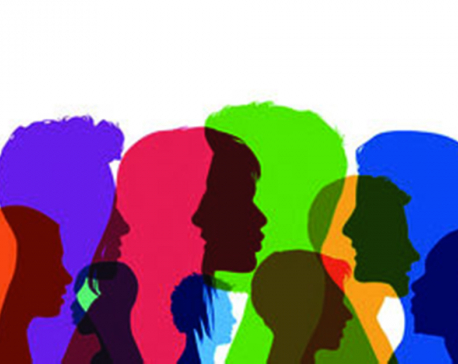
Power to youth
Grassroots level policy-making and activism can truly transform Nepali youth and Nepal ... Read More...
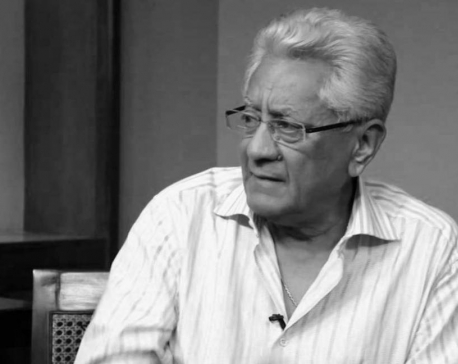
Remembering Prabhakar Rana
Before uprising in April 2006, Prabhakar Rana had worked extensively to get Henry Kissinger to visit Nepal to persuade King... Read More...



Just In
- 16 candidates shortlisted for CEO position at Nepal Tourism Board
- WB to take financial management lead for proposed Upper Arun Project
- Power supply to be affected in parts of Kathmandu Valley today as NEA expedites repair works
- Godepani welcomes over 31,000 foreign tourists in a year
- Private sector leads hydropower generation over government
- Weather expected to be mainly fair in most parts of the country today
- 120 snow leopards found in Dolpa, survey result reveals
- India funds a school building construction in Darchula








_20220508065243.jpg)



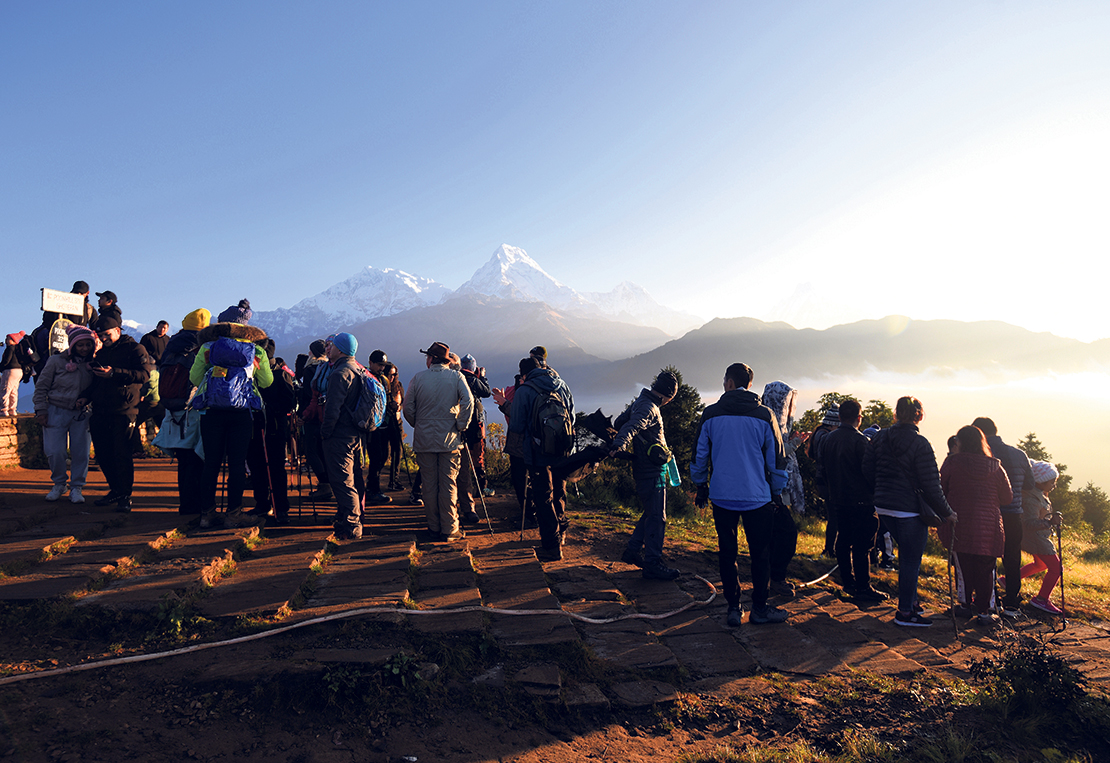



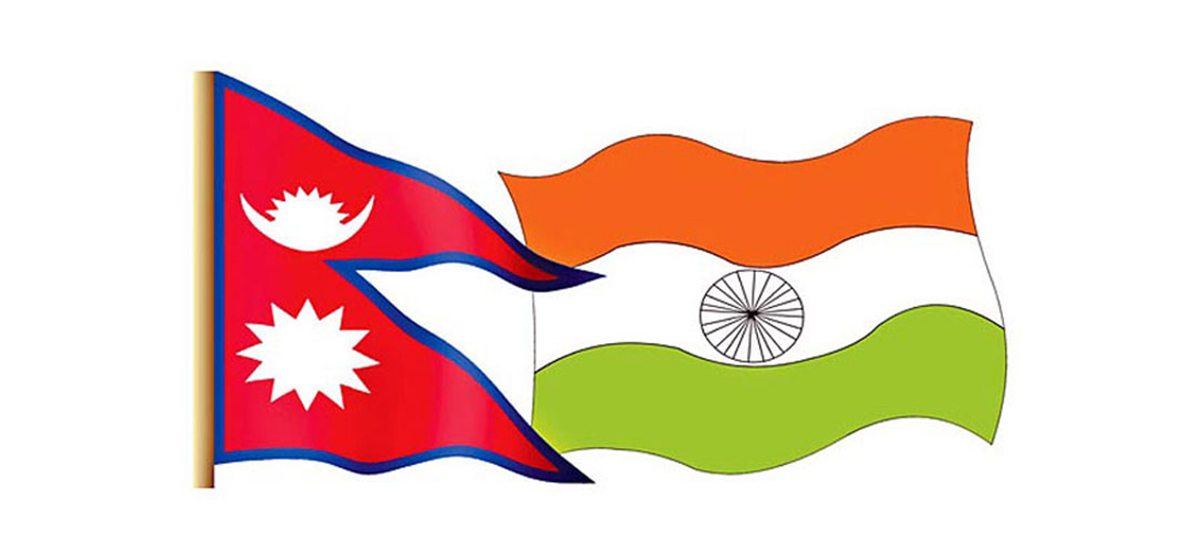
Leave A Comment